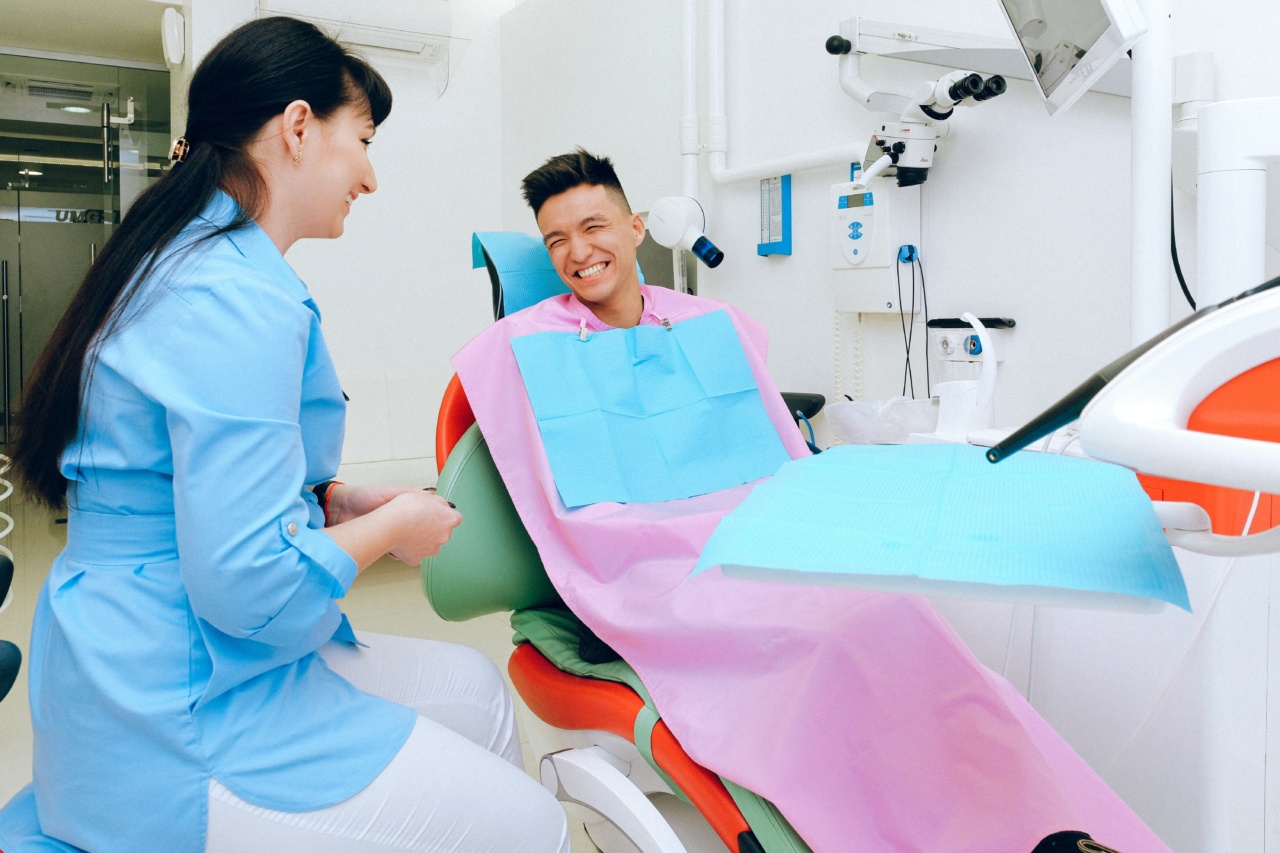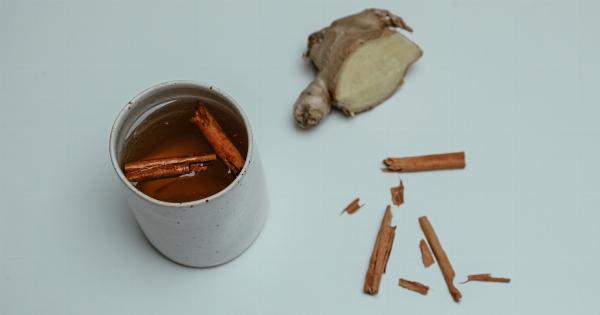Many women experience varying degrees of discomfort and unpleasant symptoms during their menstrual cycle. Bloating, cramping, mood swings, and other symptoms can make a woman’s period a challenging time to navigate.
Fortunately, there are many ways to alleviate period symptoms, and expert advice can help to identify the most effective strategies. Here are ten tips from leading medical professionals and other experts in women’s health.
1. Exercise Regularly
While it may be the last thing you want to do during your period, regular exercise can be an effective way to reduce pain and discomfort. Exercise releases endorphins, which are natural painkillers that can help to alleviate cramps.
It can also help to increase circulation, which can reduce bloating and swelling. Try a light workout such as walking, yoga, or swimming – anything that gets your heart rate up and helps you stretch your muscles.
2. Eat a Balanced Diet
Your diet can have a significant impact on your menstrual cycle. Many women find that increasing their intake of certain nutrients can help to alleviate symptoms. Iron-rich foods like spinach and red meat can help to alleviate fatigue and tiredness.
Omega-3 fatty acids, which are found in oily fish like salmon, can reduce inflammation and pain. Finally, make sure to stay hydrated by drinking plenty of water.
3. Use Heat Therapy
Heat therapy can be an effective way to ease menstrual cramps. Applying heat to the abdomen can help to increase blood flow and relax muscles, reducing pain and discomfort. Try using a heating pad, hot water bottle, or taking a warm bath or shower.
You can also try using a mobile heat pack that you can wear and take with you wherever you go.
4. Consider Over-the-Counter Pain Relief
If your cramps are severe, over-the-counter pain relief medication can be an effective way to alleviate symptoms. Non-steroidal anti-inflammatory drugs (NSAIDs) like ibuprofen can help to reduce pain and inflammation.
However, it is important to follow the recommended dosage and consult your doctor if you have any concerns about taking medication.
5. Practice Relaxation Techniques
Stress is a common trigger for menstrual symptoms, so practicing relaxation techniques can be a great way to alleviate discomfort. Meditation, deep breathing, and gentle yoga poses can help to reduce stress and promote relaxation.
You can also try progressive muscle relaxation, which involves tensing and releasing each muscle group in your body to promote relaxation.
6. Get Plenty of Rest
Sleep is essential for maintaining good health and managing symptoms during your period. Aim to get at least 8 hours of sleep each night, and consider taking short naps during the day if you feel tired or fatigued.
If you have trouble sleeping due to cramps or other symptoms, try using relaxation techniques or heat therapy before bed to promote sleep.
7. Reduce Your Caffeine Intake
Caffeine-containing drinks like coffee and tea can exacerbate menstrual symptoms like anxiety, fatigue, and cramps. Try reducing your intake of these drinks or switching to less caffeinated alternatives like herbal tea or decaf coffee.
You can also try drinking water or herbal teas to stay hydrated and reduce bloating.
8. Use Natural Remedies
Some women find that natural remedies can be effective in alleviating menstrual symptoms. Herbs like ginger and turmeric can help to reduce inflammation and ease cramps.
Essential oils like lavender, peppermint, and eucalyptus can help to promote relaxation and reduce stress. Always consult a medical professional before using natural remedies, especially if you’re already taking medication.
9. Consider Hormonal Birth Control
If your menstrual symptoms are severe, hormonal birth control can be an effective way to alleviate symptoms. Birth control pills, patches, and IUDs can help to regulate your menstrual cycle and reduce cramps, bloating, and other symptoms.
Talk to your doctor to see if hormonal birth control is right for you.
10. Practice Self-Care
Finally, don’t forget to practice self-care during your period. Take time to do the things that make you feel good, whether it’s taking a bubble bath, curling up with a book, or having a night out with friends.
Self-care can help to reduce stress and promote relaxation, making your period a little more manageable.





























